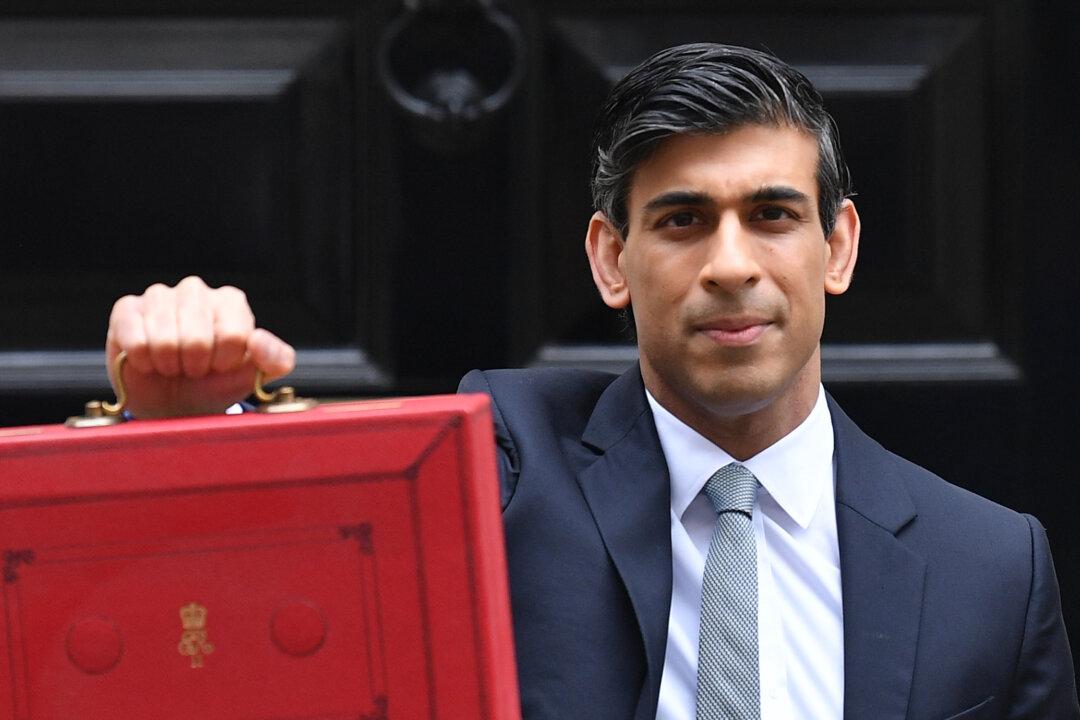Britain’s Conservative government said on March 3 it will raise taxes for businesses in a bid to improve public finances, which have been hit hard during the CCP virus pandemic.
Delivering the annual budget in the House of Commons, Chancellor of the Exchequer Rishi Sunak announced that corporation tax will be raised to 25 percent from 19 percent from 2023, by which time he predicted the economy should be past the COVID-19 crisis.





